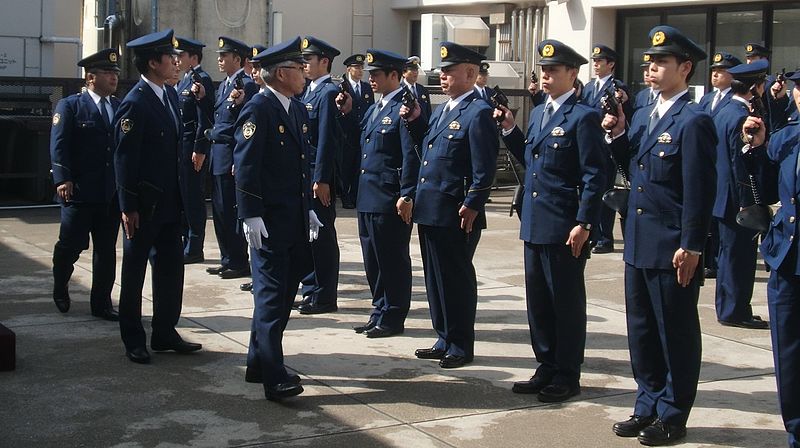QUOTE: "God, the Lord of life,
has entrusted to men the noble mission of safeguarding life, and men must carry
it out in a manner worthy of themselves. Life must be protected with the utmost
care from the moment of conception: abortion and infanticide are abominable
crimes." [nefanda sunt
crimina] ~ Vatican Council II, Church in the Modern World §51, edited by Austin
Flannery, O.P. ~
AUTHOR: The Second Vatican Council (Latin: Concilium Oecumenicum Vaticanum Secundum or informally known as Vatican II) addressed relations
between the Roman Catholic Church and the modern world. It was the twenty-first
Ecumenical Council of the Catholic Church and the second to be held at Saint
Peter's Basilica in the Vatican. The council, through the Holy See, formally
opened under the pontificate of Pope John XXIII on 11 October 1962 and closed
under Pope Paul VI on the Feast of the Immaculate Conception in 1965.
Of those who took part in the council's opening
session, four have become pontiffs to date: Cardinal Giovanni Battista Montini,
who on succeeding Pope John XXIII took the name of Paul VI; Bishop Albino
Luciani, the future Pope John Paul I; Bishop Karol Wojtyła, who became Pope
John Paul II; and Father Joseph Ratzinger, present as a theological consultant,
who became Pope Benedict XVI.
Currently, the questioned validity of the Second
Vatican Council continues to be a contending point for religious communities
who are not in full communion with the Roman Catholic Church. In particular,
two schools of thought may be discerned:
- Traditionalist Catholics, who claim that the modernising reforms that resulted both directly or indirectly from the council consequently brought detrimental effects and indifference to the customs, beliefs, and pious practices of the Church before 1962. In addition, they point out the doctrinal contradiction of the council in comparison to earlier papal statements regarding faith, morals and doctrine declared prior to the council itself. They assert that since there are no dogmatic definitions in the documents of the council, such documents are not infallible, hence not canonically binding for faithful Roman Catholics, most notably when such concilliar documents give way to the loose implementation of longstanding upheld Catholic doctrine previously sanctioned by former Popes prior to 1962.
- Sedevacantists go beyond this in asserting that after breaking with Catholic tradition, the present Popes cannot really claim the Papacy which therefore is vacant.


No comments:
Post a Comment